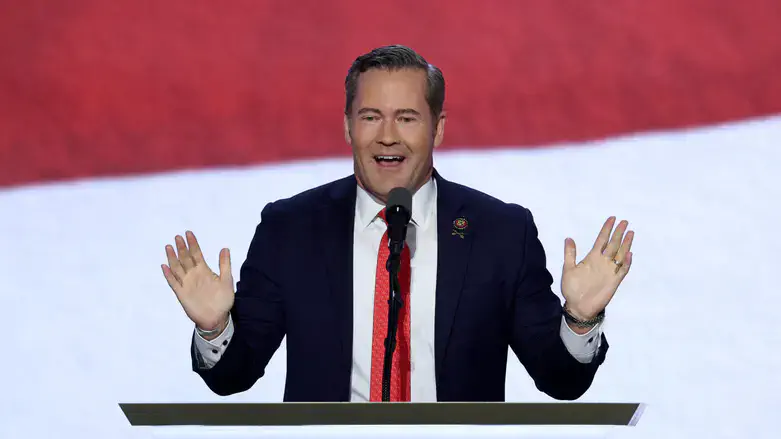
In a contentious Senate hearing, former National Security Advisor Mike Waltz defended his use of an encrypted group chat to discuss military operations on Tuesday, facing accusations of lying and poor judgment from Democratic senators, reported AFP.
The hearing was part of Waltz's bid to become the next US ambassador to the United Nations. He came under fire after mistakenly adding Jeffrey Goldberg, the editor-in-chief of The Atlantic magazine, to a Signal chat discussing an imminent US bombing of Yemen.
Senator Cory Booker (D-NJ) accused Waltz of deliberately misrepresenting the incident, stating, “I've seen you not only fail to stand up, but lie.” Booker expressed “deep disappointment in what I consider a failure of leadership on your part.”
Waltz countered the accusations, pointing to guidance from the previous administration that permitted and even recommended the use of Signal for official communications. He insisted the chat did not contain "classified" information and noted that the White House had taken no disciplinary action against him.
“The use of Signal was not only authorized, it's still authorized and highly recommended,” Waltz said.
However, Senator Chris Coons (D-DE) voiced alarm over the lack of White House action, calling Waltz's explanation incredulous. “You were sharing details about an upcoming airstrike — the time of launch and the potential targets. I mean, this was demonstrably sensitive information," Coons stated.
Waltz, a former congressman and special forces officer, served just over three months as National Security Advisor before being replaced by Secretary of State Marco Rubio. He did not deny that he continues to receive a salary, stating he was not "fired" but instead serves as “an advisor.”
Initially, Waltz claimed he didn’t know how Goldberg had gained access to the group. However, in a Fox News interview, he accepted “full responsibility,” acknowledging that he had created the chat.
President Donald Trump had considered firing Waltz, but ultimately refrained from doing so, hoping to avoid giving political opponents an easy win and to preserve a sense of stability, in contrast to the chaotic personnel changes of his first term. He eventually nominated him for the position of US Ambassador to the UN.
The post at the UN was initially intended for Rep. Elise Stefanik (R-NY), but Trump withdrew in March, citing the need for the Republicans to maintain their slim majority in the House of Representatives as the reason.
At his confirmation hearing, Waltz vowed to pursue reforms at the United Nations, accusing the organization of antisemitism and "radical politicization" in its criticisms of Israel and the United States. He contended that the UN has "drifted from its core mission of peacemaking," despite the US being its largest funder.
"The UN's overall revenue has quadrupled in the last 20 years, yet I would argue we have not seen a quadrupling of world peace," Waltz said, according to AFP.
